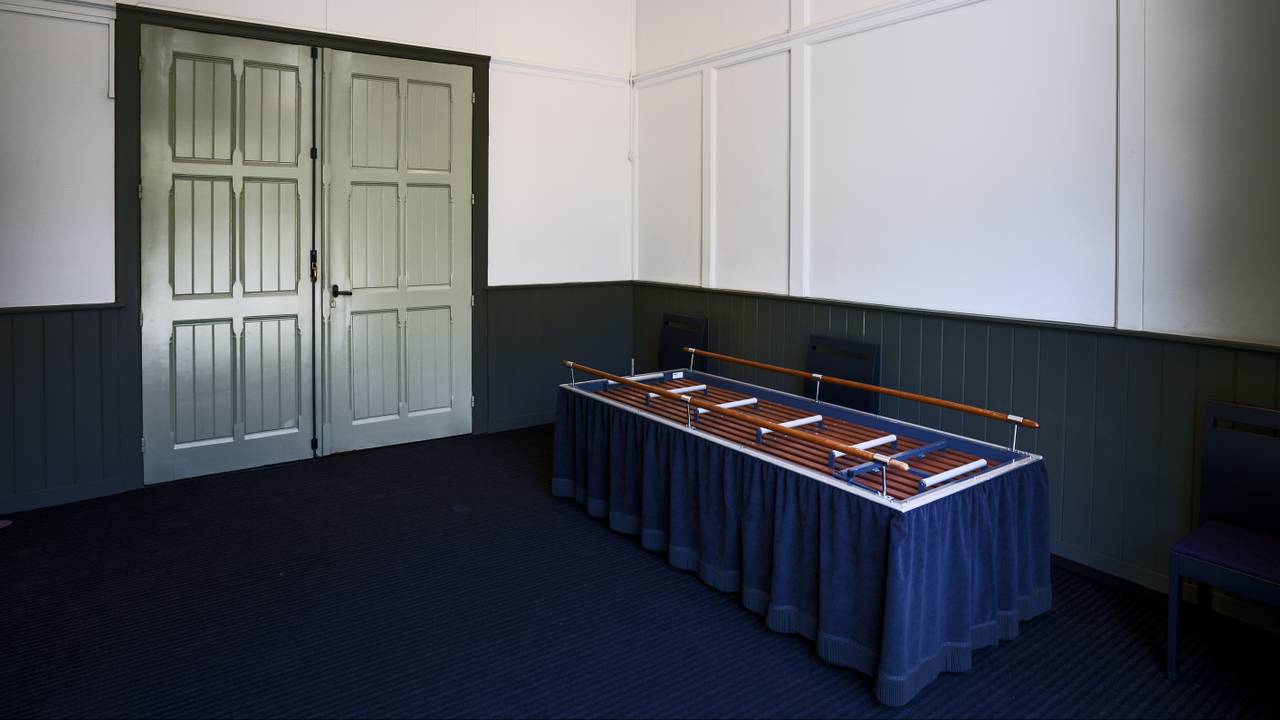The municipalities of Brabant are increasingly organizing and paying for the funerals of the deceased. It happened at least 109 times last year. Almost a third more than in 2018. This year it will probably be even more. The municipalities that organize funerals and cremations lost almost two hundred thousand euros last year. This is evident from the information requested by Omroep Brabant.
By municipality. This is how funerals are officially called when they are organized and paid for by the municipalities. Often these are deceased with no money or surviving relatives who want to pay for the funeral or cremation. In such cases, the municipalities where the deceased was found are obliged to arrange for the funeral. These are usually austere funerals and cremations, with little or no family and friends in attendance.
Arrangements for such a funeral take a long time, according to a survey conducted in all municipalities in Brabant. Here’s the thing: when someone dies, relatives need to be notified. If they can’t be found (quickly), then a real next of kin search begins. Officials search the home of the deceased for clues.
Sometimes it takes several days for relatives to be found. “Addresses and telephone directories are searched, people in those directories are called, or searches are made through the Civil Registry,” writes the Town of Helmond.
No contact
If there are family members, they are in charge of arranging the funeral. But sometimes there is a lot of resistance. Relatives say, for example, that they have not had contact with the deceased for a long time. Or who are afraid of having to pay the costs. Sometimes next of kin don’t have this money. As a rule, the municipalities insist on organizing the funeral themselves. “It’s not up to the community to pay for it, it’s up to the family,” writes Helmond. If this does not happen, the municipality itself will appoint a funeral director.
This has happened more and more over the past five years, according to the survey. Of all the municipalities in Brabant, 40 provided information. Last year they organized 109 funerals and up to July of this year 68. This number is probably higher, because some municipalities have not provided data for this year. For comparison: in all of 2018 it occurred 83 times. In total, about 23,000 people die in our province every year.
Nowhere in our province are there as many municipal funerals this year as in Tilburg: 31. Until August, the municipality had to organize an average funeral every week. Tilburg doesn’t know why.
Indicate the underlying reasons: loneliness and quarrels within families play an important role. “As a result, the relatives do not want to organize and pay for the funeral,” writes the municipality of Tilburg. Poverty is also often involved.
Cremation or burial?
Municipalities approach the question of whether someone is cremated or buried differently. Most try to find out what the deceased’s wish was and indulge it. But sometimes municipalities simply opt for the cheaper option: cremation.
Whether next of kin may be present varies by municipality. “There is therefore no room for one’s contribution or for farewell from family or friends. Farewell, welcome, farewell service are not part of the simple package paid by the municipality”, writes the municipality of Helmond. Geldrop-Mierlo is more forgiving. If close relatives are not arranging the funeral, friends, acquaintances or neighbors can attend. This is also the case in Veldhoven.
Lonely funerals
In some cases, the municipality searches for but cannot find next of kin. Or family ties have been severed for so long that they’re only there on paper. In these cases, even next of kin are not present at the funeral. Then there is talk of a lonely funeral.
These occur sporadically. In Den Bosch, for example, 13 times since 2013. Behind this there are often heartbreaking stories of loneliness. Sometimes no one is present at these funerals other than the funeral home or a city official to say their last goodbyes.
Tell the costs
In addition to the provisions, the bill also ends up in the municipality’s board of directors. Due to the increase in these types of funerals, the costs are also increasing. Fourteen municipalities indicate that they spent a total of €187,215 on 98 funerals last year, €1,910 per deceased. This does not include costs for employing government employees.
In order not to add too much to the bill, the municipalities regularly try to recover the funeral expenses from the deceased or from relatives. For example, officials conduct investigations into insurance policies and bank accounts. During a home visit, they also check for valuables, such as jewelry or appliances. They can be sold later if needed.
For example, the municipality of Breda and some outlying municipalities spent €71,000 on this type of funeral last year, of which they ultimately received €33,000 back.


